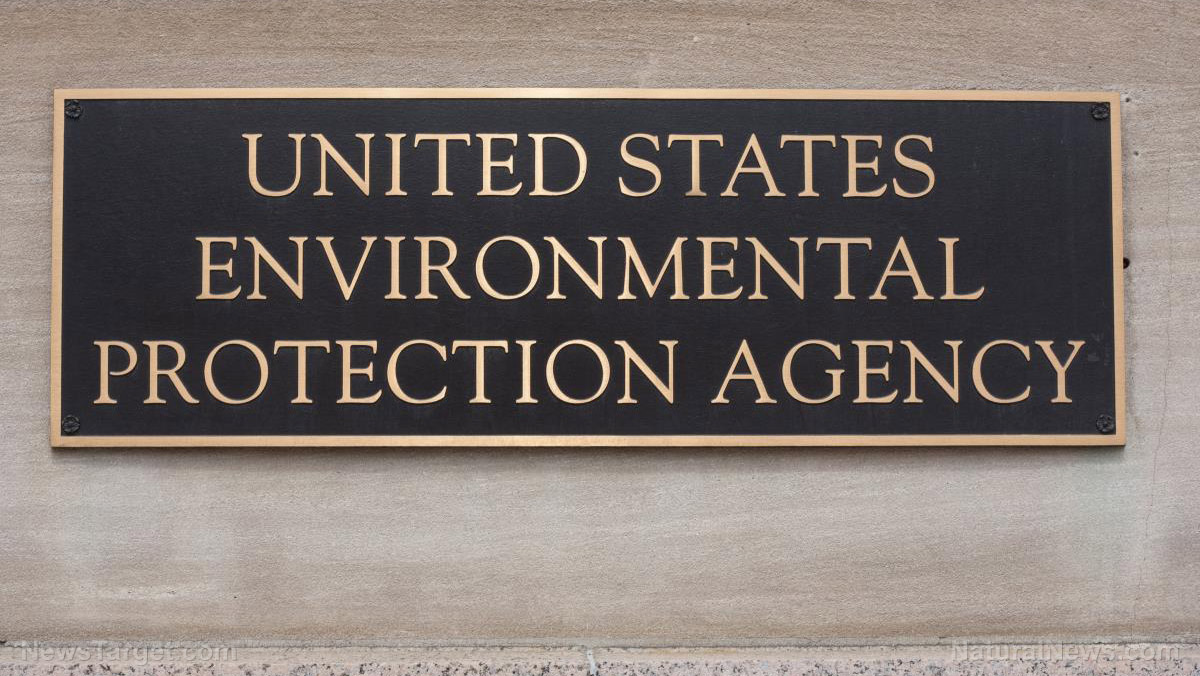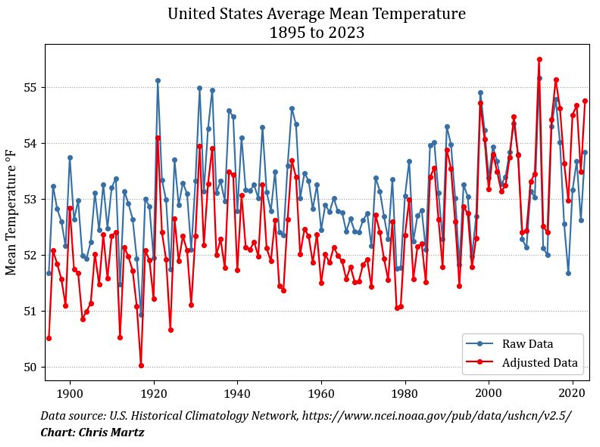EVs are killing the automobile industry: Mercedes, Porsche, Tesla and Ford all seeing profits “free fall”
08/05/2024 / By Ethan Huff

Almost nobody wants to purchase an electric vehicle (EV) anymore, and the automobile industry is feeling the heat as profits plummet.
Mercedes lost a ton of cash, around 21 percent of its profit stream, following the introduction of a new EV fleet that it hoped would appeal to consumers. It turns out that people are done trying to make EVs work for their needs the same way as gas- and diesel-powered vehicles, not to mention the high costs involved with “going green.”
Porsche is likewise missing sales targets as is Ford, which reportedly loses about $50,000 for every EV it sells. Even Tesla is faltering as profits “free fall” by 45 percent.
(Related: Did you know that Elon Musk wants to control “every facet” of human life with a real-life Skynet artificial intelligence [AI] system he is currently developing?)
EV battery manufacturers are also losing profits as car manufacturers abandon their EV lines. Germany battery company Varta, for instance, took a more than 70 percent plunge on its share price last month amid reports of bankruptcy.
Belgian chemicals group Umicor reportedly took a $1.5 billion hit as well due to waning EV demand, prompting the company to postpone plans to build a battery recycling plant.
EV industry “on the brink of collapse”
The Telegraph‘s (United Kingdom) Matthew Lynn wrote that all of these latest developments point to an imminent collapse of the EV industry. Despite hundreds of billions of dollars in investments, the truth remains that EVs are a dud.
“Hundreds of billions of euros, dollars and pounds have been pumped into this industry by political leaders and the subsidy junkies that surround them – and it is surely time they were held to account for the vast quantities of taxpayer cash that has been wasted,” Lynn writes.
We are building the infrastructure of human freedom and empowering people to be informed, healthy and aware. Explore our decentralized, peer-to-peer, uncensorable Brighteon.io free speech platform here. Learn about our free, downloadable generative AI tools at Brighteon.AI. Every purchase at HealthRangerStore.com helps fund our efforts to build and share more tools for empowering humanity with knowledge and abundance.
No matter how you slice it, EVs make no financial or economic sense. The industry is heavily subsidized – because it has to be, otherwise it would collapse. In fact, without taxpayer-funded subsidies, the EV industry would not even exist at all.
“In reality, the EV balance sheet looks to be awash with red ink,” Lynn explains. “It is not hard to work out why. “Costs are too high, as companies such as Ford have discovered, with electric cars much more expensive to produce than their traditional petrol rivals, and with shortages of critical materials pushing prices higher all the time.”
“There is too much capacity in the industry, with companies over-investing in too many factories and distribution centres. Demand for the end product has started to crumble, with consumers increasingly nervous over what may become obsolete technology. Insurance and maintenance costs are proving far higher than expected for many, once the vehicles are actually on the road.”
Another factor in the equation is the rise of low-cost, extremely low-quality Chinese EVs. Much like how Temu and Amazon function to undercut domestic products, the Chinese EV market is killing other EV markets, especially higher-end types like Mercedes and Porsche.
Policymakers have a lot of explaining to do after promising success and prosperity from the EV transition. The opposite has happened, and once consumers realize what has happened, heads could roll.
The Biden regime funneled nearly $2 billion in taxpayer funds to the EV industry, much of it going to billionaire Musk. This is on top of the tens of billions of dollars in subsidies that are offered to customers at time of purchase.
“[The Biden regime] has offered tens of billions in subsidies of more than $7,000 per vehicle sold, and even more in building the infrastructure, including one $7.5bn scheme to install chargers that ended up with only seven actually built (which works out at more than $1bn each for what is basically just a plug),” Lynn says.
More related news about the EV debacle can be found at RoboCars.news.
Sources for this article include:
Submit a correction >>
Tagged Under:
big government, cars, Collapse, debt bomb, deception, economic riot, electric cars, electric vehicle, electricity, EV, ford, free fall, glitch, government debt, inflation, market collapse, Mercedes, Porsche, products, profits, risk, robo cars, tesla
This article may contain statements that reflect the opinion of the author



















